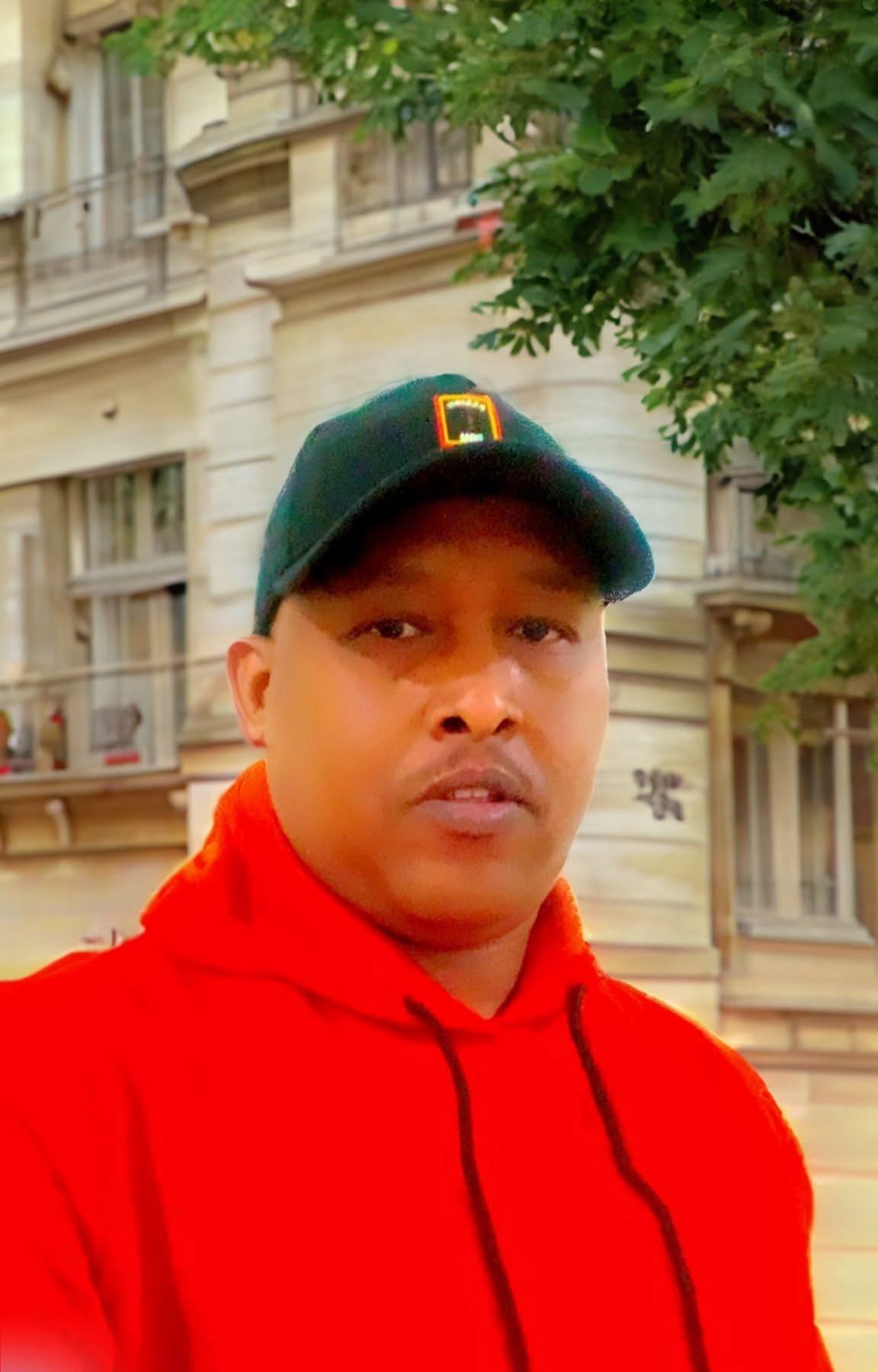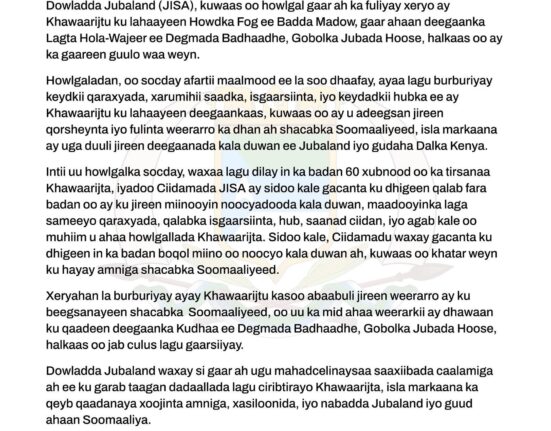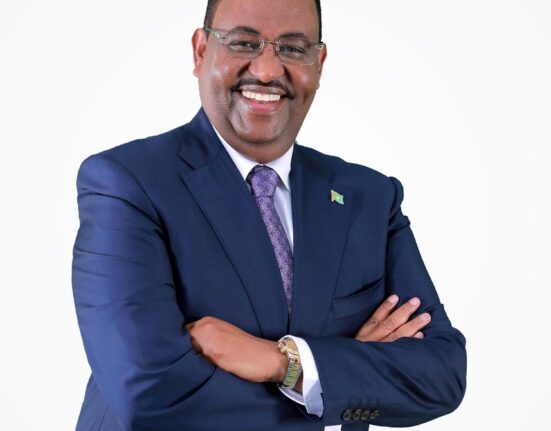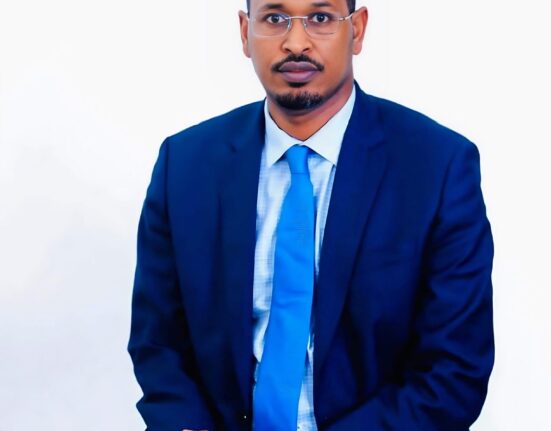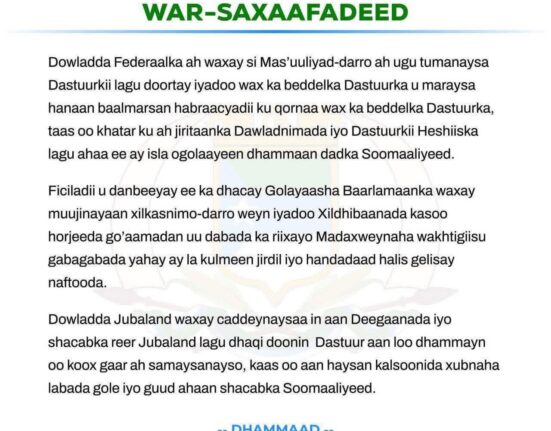By. Mohamed Omar
A well known political activist
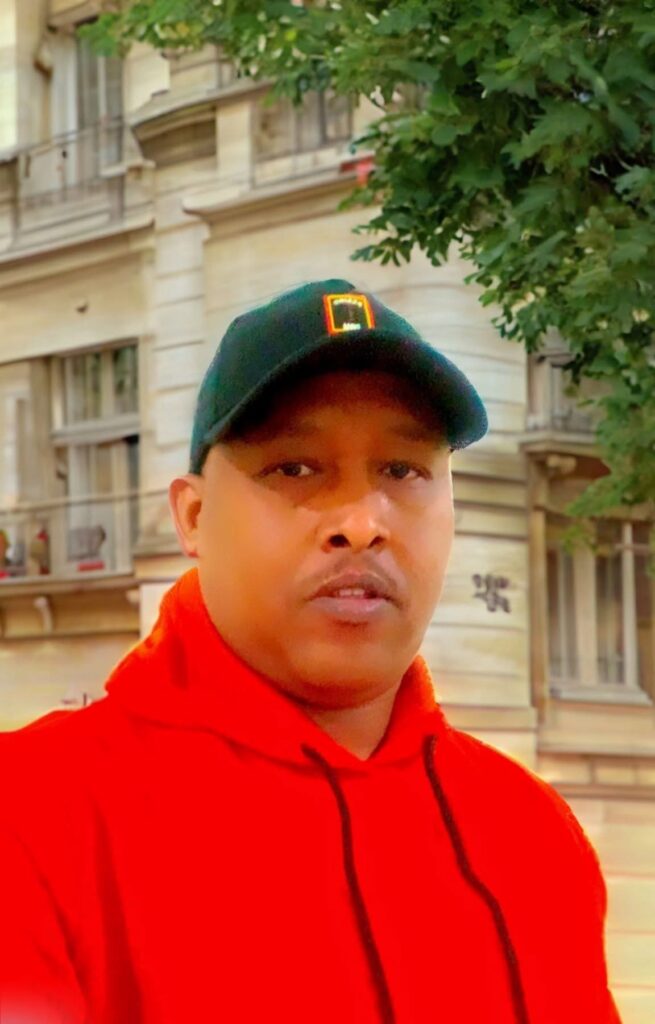
One of the darkest legacies of European colonialism in Africa is not only what was done by the colonizers—but what was done with the help of Africans themselves. While millions struggled for dignity, land, and liberation, a number of African elites chose a different path: they reported, denounced, and betrayed their own people to the colonial authorities for personal gain.
Instead of uniting against oppression, some African politicians saw opportunity in serving colonial interests. They acted as informants against their fellow countrymen—especially those who spoke out for independence or challenged colonial authority. These betrayals were not acts of principle or public safety. They were driven by the desire for favor, political appointments, and the illusion of power under foreign rule.
For example, in Côte d’Ivoire, Félix Houphouët-Boigny—who would later become the country’s first president—built strong alliances with the French colonial system. While some praised his diplomatic approach, many criticized how he helped suppress stronger independence movements and distanced himself from anti-colonial voices. In Senegal, Lamine Guèye also maintained close relations with the French administration and at times labeled his political rivals—such as the future president Léopold Sédar Senghor—as separatists or radicals. His aim was not just political disagreement, but to position himself as a loyal figure to the French.
Similar patterns appeared across British and Portuguese colonies. Some local leaders, granted small roles in colonial governments, used their access to undermine liberation fighters, tipping off the authorities about political meetings, resistance plans, and key activists. These tip-offs often led to arrests, torture, exile, and even execution of brave African patriots.
This behavior was a gift to the colonial powers. It allowed them to divide and rule with ease. African nationalist movements were fractured from within. Trust was eroded. Voices of resistance were silenced—not only by foreign weapons, but by local betrayal. And as independence was delayed, colonizers continued to benefit—politically, economically, and psychologically.
To report your own people to a foreign master simply because they think differently, or seek justice, is not a show of loyalty—it is an act of cowardice and national betrayal. It does not protect the nation. It weakens it. It does not preserve peace. It preserves injustice.
Today, we must learn from this shameful chapter in our history. When African leaders—past or present—seek to silence critics by appealing to foreign powers or outside influence, they repeat the same colonial logic that kept our people in chains. True patriotism is not submission to outside control. It is the defense of dignity, truth, and freedom—even when others disagree with you.
Let us reject the legacy of betrayal. Let us build a politics of solidarity, not surveillance.
History remembers those who stood tall—and those who crawled to the colonizer to silence their own.


